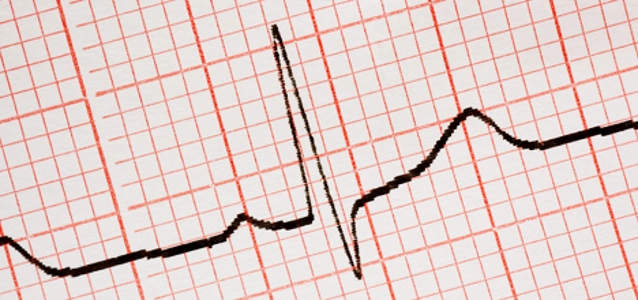
© dmitry bomshtein dreamstime.com
Components |
Deep COVID-19 impact on European semiconductor distribution in Q2
What was still a mix of market- and pandemic-driven uncertainties in Q1, turned out to be a real, directly COVID-19 and lockdown-related downturn for the European Semiconductor Distribution in the second quarter of 2020. According to DMASS, sales in the European Semiconductor Distribution Market fell by 20.7% to EUR 1.82 Billion.
“As feared in our Q1 PR, the COVID-19 pandemic and its economic aftermath, starting across Europe in February and March, hit the electronics industry with full force in the second quarter. Manufacturing shutdown, economic uncertainties among consumers and companies and lack of supply chain visibility drove many customers to step on the ordering brake and led to a lot of pushouts on existing orders. Ironically, it could have been worse, and we do not really know what will come at us in the second half of 2020 – Rally or Rafting,” says Georg Steinberger, chairman of DMASS, in a press release.
At a country or regional level, the situation was equally bad across the board and major regions and markets ended with a double-digit decline (except Ireland, Netherlands, Austria and Russia): Germany went down by 21.6% to EUR 528 million, Italy ended at -19.3% and EUR161 million, France at -21.4% and EUR 121 million, the UK at -23.6% and EUR 119 million, Eastern Europe at a staggering -30.6% and EUR 279 million and the Nordic countries at -33.2% and EUR 138 million.
“It is almost impossible to find anything positive or less negative in Q2, but clearly countries that are predominantly contract manufacturing-driven suffered most,” says Georg Steinberger.
No positive news on the product side, except that more design-oriented and exclusive products declined less than standard products. Of the major product groups, Standard Discrete went down by 31.4% to EUR 87 million, Discrete Power by 23.5% to EUR 196 million, Opto by “only” 17.1% to EUR 164 million, Analog by 22% to EUR 534 million, Memories by 32.4% to EUR 141 million, MOS Micro by 15.3% to EUR 383 million, Programmable Logic by 12.8% to EUR 128 million, Standard Logic by 18.2% to EUR 27 million and finally Other Logic by 14.5% to EUR 112 million.
“Besides Covid-19, you also see some special effects of product categories slowly deteriorating – arguably legacy technologies like SRAMs and EEPROMs – or disappearing from distribution as an effect of suppliers taking some business direct, like Digital Signal Processors (DSPs). But none of those have a major effect on the totals. However, the fact that standard products are suffering more than expensive specialties is strange, as the financial risk on the customer side is rather low. We will see how this pushback on standard products develops, once the market turns around,” says Steinberger.
2020 will be a year of significant double-digit decline, “whether we like it or not,”, according to Steinberger, “and it could, no, should be the beginning of a reassessment of how we operate as an industry and at a larger scale, as society in general. It is clear that resources become scarcer and the throwaway mentality of the last 50 years will lead to disaster. Technology can play a major part in recreating a sustainable world, but as we can see by its interrupted supply chain, it is also part of the current problem. The big question is: how can the significant influence of technology be used to make changes to a sustainable better world? Can it?”

